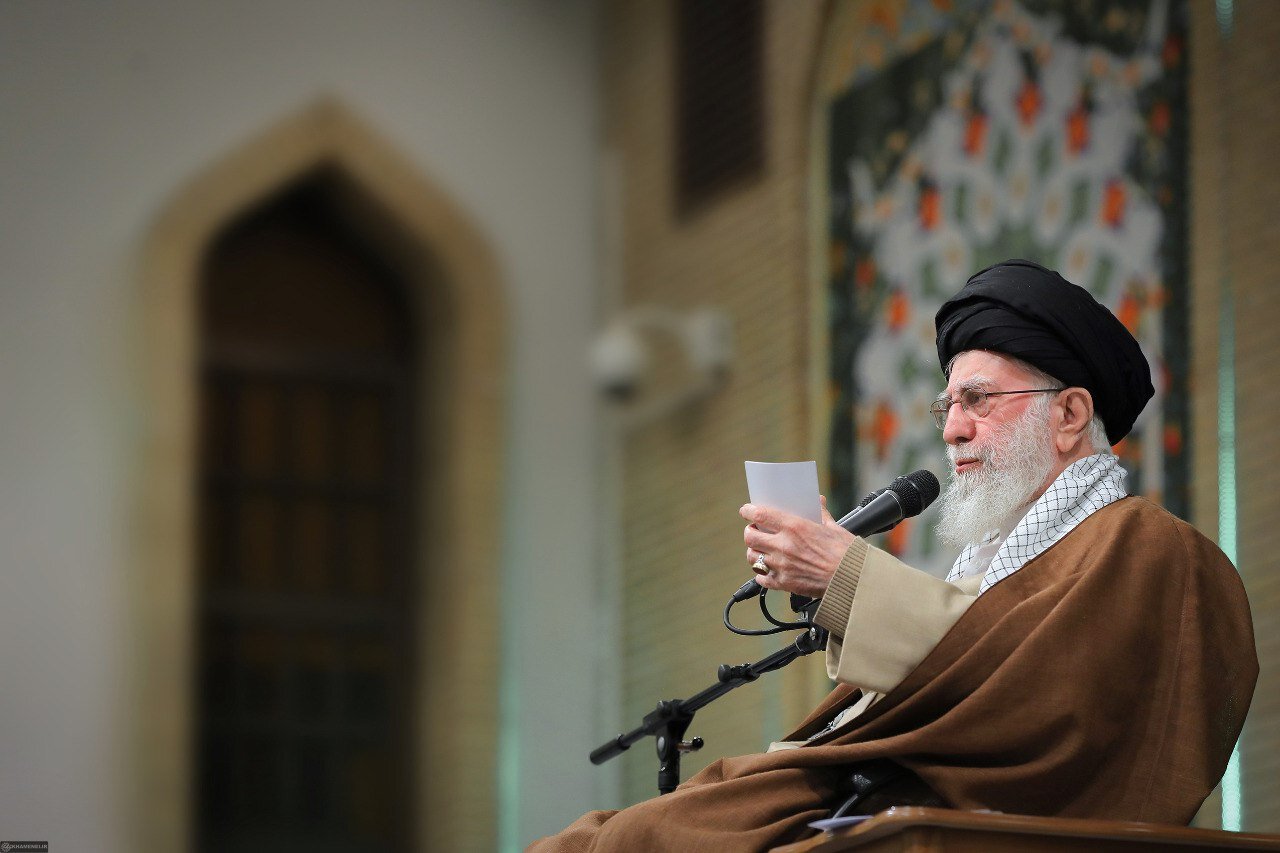
The newly appointed Syrian Foreign Minister, Asaad Hassan al-Shibani, issued a stern warning to Iran on Tuesday, cautioning against actions and rhetoric that could incite instability in Syria. The remarks followed inflammatory comments by Iranian Supreme Leader Ali Khamenei, who called on Syrian youth to resist the country’s new leaders.
“Iran must respect the will of the Syrian people, the sovereignty of the nation, and its territorial integrity,” Shibani wrote on X, formerly Twitter. “We warn them against spreading chaos in Syria and hold them accountable for the repercussions of the latest remarks.”
Tensions with Tehran
Khamenei’s statements, delivered on December 22, urged Syrian youth to “stand resolutely against those who design and execute insecurity,” claiming they had “nothing left to lose” after years of conflict. The remarks were met with immediate condemnation from Syria’s new leadership, which ousted the brutal dictator Bashar al-Assad on December 8 in a swift 11-day military offensive led by the Command of Military Operations (CMO), a coalition revolutionary forces headed by Ahmad al-Sharaa.
Al-Sharaa, who now plays a prominent role in the Syrian Transitional Government (STG), previously criticized Iran for its involvement in Syria’s devastating 13-year revolution. He accused Tehran of fueling the conflict by supporting Assad through military deployments and allied militias, actions that resulted in the deaths and displacement of millions of Syrians. Al-Sharaa also noted that Syria’s new leadership had “set the Iranian project in the region back by 40 years,” referring to Tehran’s efforts to establish a “Shiite Crescent” extending to the Mediterranean.
Financial Demands & Strategic Maneuvers
Adding to the strained relationship, Iran recently claimed that Syria’s new government is responsible for repaying debts incurred by the Assad regime, estimated at over $30 billion. While some Iranian officials described the figure as exaggerated, others view the demand as a strategic move to threaten the STG into engaging with Tehran on favorable terms.
Esmaeil Baghaei, spokesperson for Iran’s Foreign Ministry, asserted that Syria’s obligations would be inherited “under the principle of state succession.” However, Damascus has rejected Tehran’s claims and dismissed recent remarks.
Instead, the caretaker government in Syria is preparing a memorandum for international courts, seeking $300 billion in reparations from Iran for damages caused during the conflict. Labeling Iran’s actions in Syria over the last 13 years as “criminal and arbitrary,” emphasizing the intent to hold Tehran accountable.
International & Regional Repercussions
Khamenei’s provocative rhetoric and Iran’s financial demands have raised concerns among regional and international observers. Al-Sharaa has called for greater cooperation among Syria’s Arab and Western allies to ensure stability and prevent further interference from Iran. “The courageous efforts of the Syrian people have achieved what diplomacy and external pressure could not,” He stated last week, referring to the expulsion of Iranian militias and the decline of Tehran’s influence in Syria.
Iran’s retreat from Syria signifies a critical setback for its regional ambitions, particularly its efforts to solidify a strategic foothold in the Middle East. The new dynamic highlights a stark shift in Syria’s foreign policy as the nation rebuilds and redefines its relationships on the global stage. As the nation moves forward, its leaders have signaled a firm stance against external meddling, underscoring their commitment to sovereignty, stability, and the aspirations of the Syrian people.








